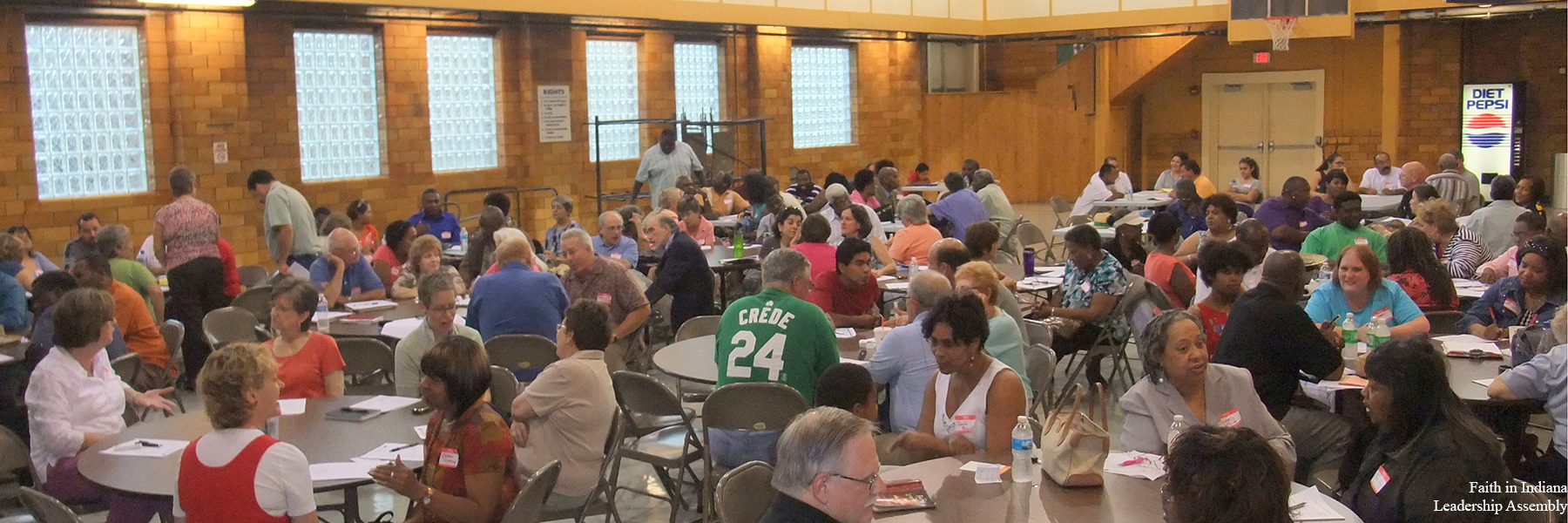Research Papers
Baggetta, M., Fulton, B., de la Riva Aguero, R., & Richardson, D. (Forthcoming). “The Diversity Layer: The Role of Coalitions Among Civil Society Organizations.” Nonprofit & Voluntary Sector Quarterly.
Baggetta, M., Fulton, B. R., & Caplan, Z. (2022). “Space and Interaction in Civil Society Organizations: An Exploratory Study in a US City.”Social Inclusion.
Civil society organizations (CSOs) are sites for creating and strengthening social ties among participants. Ties are developed when participants in CSO convenings (e.g., meetings, events, and activities) interact, but convenings vary in the amount of interaction they generate. Theory and research suggest that the physical spaces in which convenings occur may impact participant interaction. However, previous methods lacked sufficient scale to formally test related hypotheses. We introduced a method for collecting data at scale to examine how CSO convening spaces influence social interaction. The method—systematic social observation (SSO)—assembles comparable, quantitative data from many CSO convenings. As part of an exploratory study, we collected data from 99 CSO convenings from 3 organizations in Indianapolis, Indiana. For illustrative purposes, building on theories of spatial propinquity and configuration, we highlighted two dimensions of spatial variation in CSO convenings—footprint and permeability—and examined how they relate to three indicators of participant interaction. Our findings suggest that when controlling for the number of participants and other convening characteristics, medium-sized spaces foster more interaction than small or large ones. More broadly, this study demonstrates the viability of the SSO method for collecting data at scale and provides a model for future work on space, interaction, and networks.
Baggetta, M., & Fulton, B. R. (2021). “Observing Civic Engagement: Using Systematic Social Observation to Study Civil Society Organization Convenings.”Voluntas.
What happens at convenings held by community-based civil society organizations and how do they influence organizational outcomes? Although ethnographies provide details about organizations’ internal dynamics, they offer limited insights into the distribution of those dynamics and their impact on outcomes. This article describes systematic social observation (SSO) and explains how we adapted this method to Civil Society Organizations (CSOs) for collecting data on multiple convenings from several organizations. To demonstrate the method’s viability, we digitized our SSO tool and used it in a pilot study of 3 CSOs in Indianapolis to collect observational data from 99 convenings. We illustrate the value of SSO for studying CSOs by presenting distributions of interaction styles and cross-demographic interactions across organizations. We note how such data could be combined with survey and administrative data to analyze the impact of CSOs’ internal dynamics on organizational outcomes. We conclude by discussing the broader utility and limitations of the SSO method for research on CSOs and the third sector.
Baggetta, M., & Bredenkamp, D. (2019). “Systematic Social Observation in the Study of Civil Society Organizations.”Sociological Methods & Research.
Scholars of civil society organizations (CSOs) have long been concerned with face-to-face interactions among participants at meetings, events, and activities—what we collectively call “convenings.” Small-N ethnographies have uncovered substantial differences in the dynamics of convenings within and across CSOs. Large-N quantitative techniques, however, capture little data on convening dynamics; instead, they rely on questionable proxy measures. How much do dynamics vary across CSO convenings? New research tools are needed to answer this question. We adapted systematic social observation (SSO) to the study of CSO convenings as one such tool. SSO uses trained, independent observers and carefully constructed protocols and forms to collect detailed, standardized, quantitative data from many settings. Here, we illustrate what SSO can capture beyond conventional quantitative approaches using data from a pilot study of collegiate CSO convenings. We argue that SSO data can improve on prior quantitative findings about CSOs and extend research in new directions.


